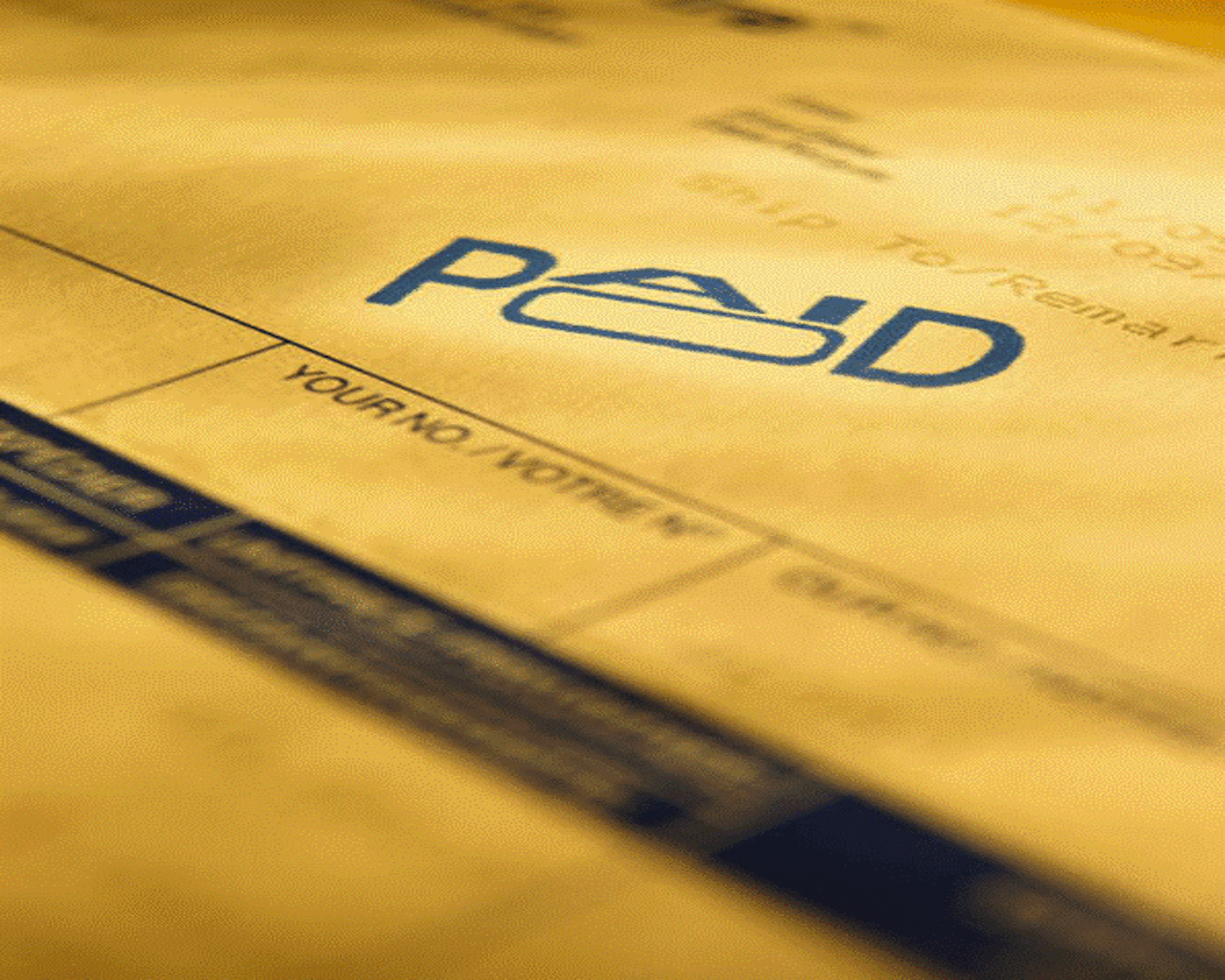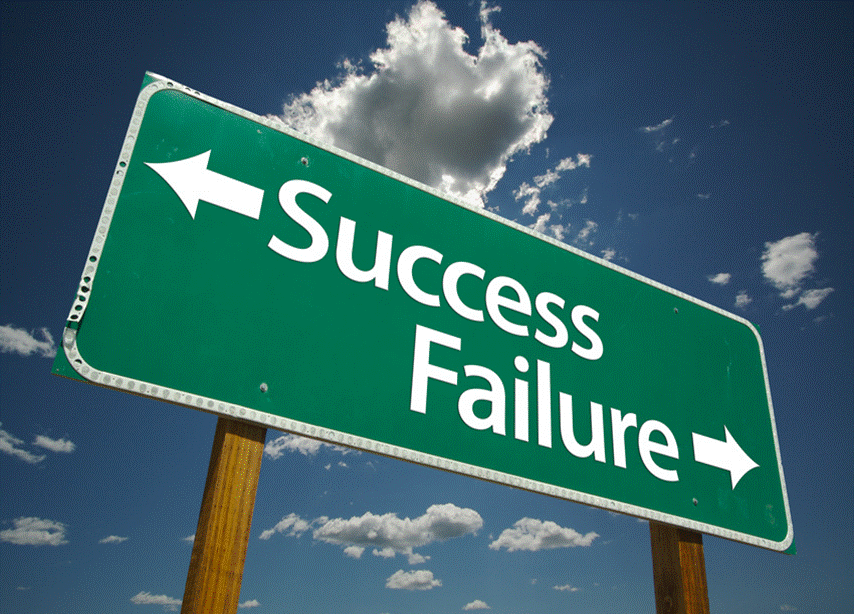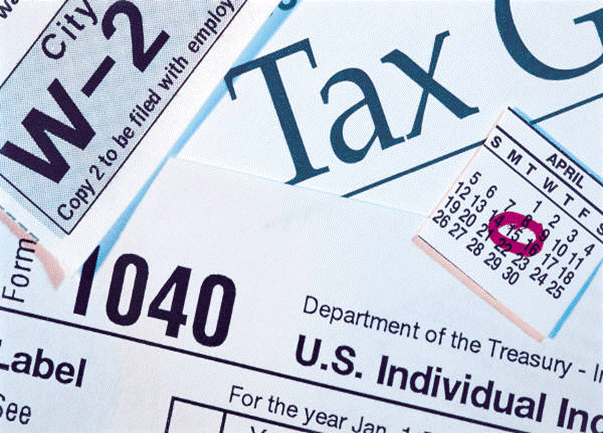 Are you ready to transform your personal finances? It can be done by anyone that is willing to commit to following these simple steps outlined in the 30 Day Financial Makeover Challenge. The intent of the 30 day Financial Makeover Challenge is to help you take control of your personal finances, build a budget, control your spending, free up cash to payoff your debt, and start funding your savings and retirement goals.
Are you ready to transform your personal finances? It can be done by anyone that is willing to commit to following these simple steps outlined in the 30 Day Financial Makeover Challenge. The intent of the 30 day Financial Makeover Challenge is to help you take control of your personal finances, build a budget, control your spending, free up cash to payoff your debt, and start funding your savings and retirement goals.
In addition, the challenge will help you create some new financial goals for your life. Clearly written financial goals are absolutely essential for anyone that is committed to achieving financial freedom in their lifetime. Without clearly stated financial goals, we will abandon our financial commitments for the future and only think of our immediate wants and needs. We cannot afford to waste our precious time, money and resources consuming our future by our lifestyle choices today.
Therefore, if you are ready to change your life and your finances here is an outline of the 30 Day Financial Makeover Challenge. These simple steps are designed to be completed together with your family during the same 30 day period. Everyone should participate so you can all see the big picture of your finances.
Track Every Dollar You Spend – Where does all of the money go on a monthly basis? Who really knows? This is an absolutely critical step for anyone that is committed to a 30 day Financial Makeover Challenge. The intent of this exercise is the help you determine where every dollar was spent and see how much money is spent on non-essentials.
Commitment: Save every receipt from every dollar spent for 30 days, (even the receipts for purchases under $5) this also includes anything that is deducted directly from your bank statements, etc.
Action Plan: Create a spreadsheet on your computer or go to an office supply store and purchase a legal sized accounting ledger notebook with lines and columns. Create categories for each type of expense. Use your receipts to input your expenses into each category at the end of each day. The more specific your categories are the better.
Build a Budget – A budget is another critical step in the 30 day Financial Makeover Challenge. A budget provides us the input we need to manage our income, track our expenses, improve our cash flow to payoff debt and start a savings plan. A personal budget provides us a tool and also accountability for managing our income and expenses. This does not have to be an overwhelming task. Keep it simple. This step is critical to see how we want to spend our hard earned money before we spend it.
Commitment: To live within your established budget for 30 days, and this includes all discretionary purchases and miscellaneous expenses that occur throughout the month.
Action Plan: Create a budget based on your current income and expenses by reviewing your fixed monthly expenses, bank statements, and credit card statements for the last 30 days. Here is a link to a simple Mircosoft budget template that has over 3.4 million downloads. This will help you identify certain areas in which you can make cuts if necessary. For example if your monthly dry cleaning expenses are $125 but you really only have $75 to allocate to this you can see if you need to find a new dry cleaner or take more expensive items to the cleaners less often.
Credit Card Fast – This is a great exercise for anyone that is committed to the 30 Day Financial Makeover Challenge. A 30 day credit card fast forces us to pay cash for all of our purchases outside of our fixed monthly expenses. Therefore, it forces us to stop and consider each purchase based on our available cash. It provides a far greater awareness of our spending habits than using a credit card. It is very difficult to control our spending when we merely swipe a credit card or debit card for our purchases.
Commitment: No credit cards will be used during the 30 Day Financial Makeover Challenge. This will require some planning and regular trips to the ATM. However, the payoff will far exceed the inconvenience.
Action Plan: Cash Only for all purchases including gas, dry cleaning, dining out, etc. Remember, to save all of your receipts from every dollar spent during the 30 day Financial Makeover Challenge and input them each day into your expense tracking ledger.
Evaluate Your Lifestyle Choices – Our Lifestyle choices typically consume a large portion of our monthly net income. Usually we never consider the impact on our personal finances. Why? Because our lifestyle choices are part of our daily or weekly routine for things like our morning latte, eating out at restaurants or fast food businesses, shopping sprees, weekend activities, etc. As a result, we don’t even stop to think about the cost or impact of these choices over a year or over our lifetime.
Commitment: Look back through your last credit card statement and determine how many of these expenses were discretionary expenses based on convenience or lifestyle choices before starting the 30 day challenge. Use your budget to set a limit on these lifestyle choices during your 30 Day Financial Makeover Challenge.
Action Plan: Stop and consider the impact of each choice before we making it. Set a limit for these expenses in your budget and live within the limits. Look for creative ways to save and enjoy this part of the challenge.
Dare to Dream – The last step before beginning the 30 Day Financial Makeover Challenge is to sit down and dare to dream about achieving your hopes, goals and dreams for your life. What does “Someday” look like for you? How would you live your life if you achieved your financial goals? How would you spend your time? What are you passionate about in your life? What gives your life meaning and purpose? How could you make a difference in others lives? Etc.
Commitment: Read your goals everyday during the 30 Day Financial Makeover Challenge to inspire you to take action everyday to stay committed to the challenge and change your life and finances forever.
Action Plan: Commit to writing out your dreams for your life. Write out your vision for your life with certainty and confidence that you will accomplish your goals for your life. Look for inspiration in others. There are countless examples of people who have overcome great challenges in their lives and have made their dreams a reality in their lives. Dare to Dream.
If you are looking to transform your life and your finances the 30 day Financial Makeover Challenge may be a great way to get started. It will give you a new perspective and awareness of your finances. It will help you develop new financial habits. It will provide new insights, ideas and financial breakthroughs that will impact every area of your life.
If you are ready to change you life and your finances then the 30 Day Financial Makeover Challenge is the first step on your journey to financial freedom. I hope you will accept this challenge and get started immediately. If so, I hope you will share your experiences and successes with us. Your story and journey make encourage others to take the 30 Day Financial Makeover Challenge as well at FiscalLiteracy.com
We hope you have enjoyed reading the 30 Day Financial Makeover Challenge. If you know someone who would enjoy this article, please forward it to them.
Please consider following Fiscal Literacy on Twitter, Facebook or sign up for our free personal finance news & updates.
Copyright © 2012 FiscalLiteracy.com, All Rights Reserved
Please take the time to click on Twitter or the Facebook link and share this article or leave a comment. Thank You…
 The debt snowball plan is one of the quickest ways to become debt free. It is simple, effective and creates a plan to help anyone become debt free. This plan has become very popular and is promoted by a number of top financial advisors and personal finance experts because of its simplicity and effectiveness.
The debt snowball plan is one of the quickest ways to become debt free. It is simple, effective and creates a plan to help anyone become debt free. This plan has become very popular and is promoted by a number of top financial advisors and personal finance experts because of its simplicity and effectiveness.

 What is more important over your career, your total income earned or the total assets that you have accumulated over your working career? Obviously the answer is your total assets accumulated over your lifetime. However, many people only focus on their income. They become obsessed with their income and their careers to the point that they are willing to sacrifice their health, their marriage and their family for their career.
What is more important over your career, your total income earned or the total assets that you have accumulated over your working career? Obviously the answer is your total assets accumulated over your lifetime. However, many people only focus on their income. They become obsessed with their income and their careers to the point that they are willing to sacrifice their health, their marriage and their family for their career. Do you work for a company that offers employee retirement plans like a 401k? An employee retirement plan offered through your employer is the best place to start building wealth for your retirement goals. Even if you start with a small amount, it moves you one step closer to building wealth and securing your retirement
Do you work for a company that offers employee retirement plans like a 401k? An employee retirement plan offered through your employer is the best place to start building wealth for your retirement goals. Even if you start with a small amount, it moves you one step closer to building wealth and securing your retirement We make financial choices each and every day that impact our personal finances in one-way or another. Many of these individual financial choices are small and seem inconsequential at the time. However, over time they may have a significant impact on our personal finances. In addition, we also make other financial choices that are larger and have a far greater impact on our personal finances.
We make financial choices each and every day that impact our personal finances in one-way or another. Many of these individual financial choices are small and seem inconsequential at the time. However, over time they may have a significant impact on our personal finances. In addition, we also make other financial choices that are larger and have a far greater impact on our personal finances. A personal budget is absolutely critical for anyone that is committed to taking control of their personal finances. Why? Because a personal budget provides us the input we need to manage our income, track our expenses, improve our cash flow to payoff debt and start a savings plan. A personal budget provides us a tool to work on achieving our financial goals. It is the first step in taking control of our personal finances.
A personal budget is absolutely critical for anyone that is committed to taking control of their personal finances. Why? Because a personal budget provides us the input we need to manage our income, track our expenses, improve our cash flow to payoff debt and start a savings plan. A personal budget provides us a tool to work on achieving our financial goals. It is the first step in taking control of our personal finances. The housing and economic crisis over the last 5 years has devastated the finances of millions of individuals and families. As a result, millions of people are being forced to start over in their careers, their retirement goals, repair their credit ratings, etc.
The housing and economic crisis over the last 5 years has devastated the finances of millions of individuals and families. As a result, millions of people are being forced to start over in their careers, their retirement goals, repair their credit ratings, etc. Is 2012 the time to buy a home? There have been a number of recent housing reports that suggest this may be a great time to buy a home for a variety of reasons.
Is 2012 the time to buy a home? There have been a number of recent housing reports that suggest this may be a great time to buy a home for a variety of reasons. Tax season provides us the perfect opportunity to set up and establish an emergency fund with our income tax refund. Because this is money that has been set aside throughout the year due to our income tax deductions exceeding our withholdings. It is also money that has been accumulated outside of our monthly budget, expenses and savings goals.
Tax season provides us the perfect opportunity to set up and establish an emergency fund with our income tax refund. Because this is money that has been set aside throughout the year due to our income tax deductions exceeding our withholdings. It is also money that has been accumulated outside of our monthly budget, expenses and savings goals. Are you ready to transform your personal finances? It can be done by anyone that is willing to commit to following these simple steps outlined in the 30 Day Financial Makeover Challenge. The intent of the 30 day Financial Makeover Challenge is to help you take control of your personal finances, build a budget, control your spending, free up cash to payoff your debt, and start funding your savings and retirement goals.
Are you ready to transform your personal finances? It can be done by anyone that is willing to commit to following these simple steps outlined in the 30 Day Financial Makeover Challenge. The intent of the 30 day Financial Makeover Challenge is to help you take control of your personal finances, build a budget, control your spending, free up cash to payoff your debt, and start funding your savings and retirement goals. Here are some money saving ideas to help you lower your monthly bills. Our monthly bills for mortgage payments, auto loans, utilities, insurance premiums, cable TV, Internet, cell phone plans, etc. consume a large portion of our income every month. As a result, these fixed expenses should be evaluated on a regular basis to look for ways to cut our monthly bills.
Here are some money saving ideas to help you lower your monthly bills. Our monthly bills for mortgage payments, auto loans, utilities, insurance premiums, cable TV, Internet, cell phone plans, etc. consume a large portion of our income every month. As a result, these fixed expenses should be evaluated on a regular basis to look for ways to cut our monthly bills.

